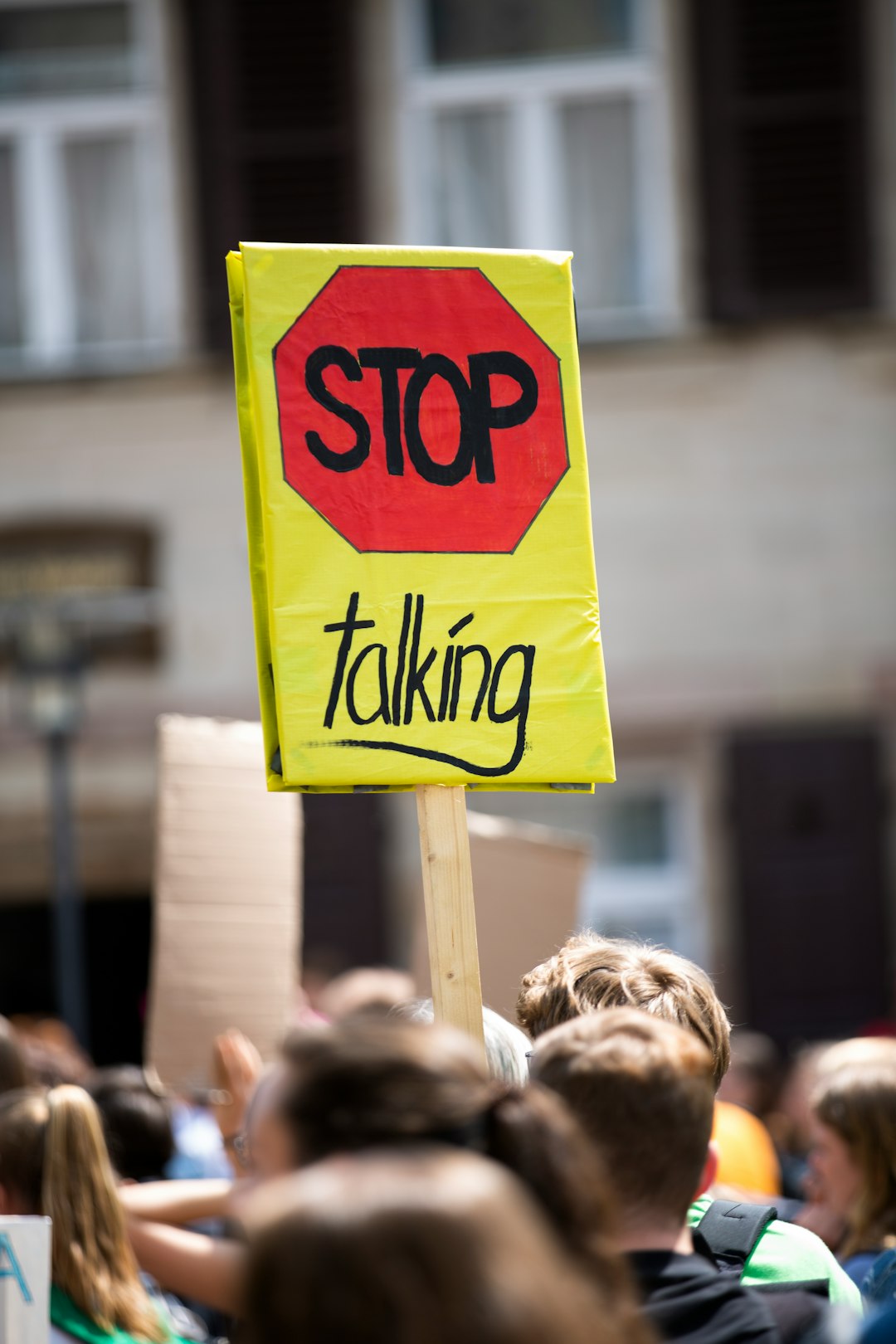A realist walks into a comparative politics buzzsaw...
The Ukraine panel at APSA was pretty lively!

One of the American Political Science Association’s best innovations over the past decade has been the development of “Breaking News” panels for its annual meeting. These panels cover topics and developments that happen long after APSA’s deadline for panels submissions. Nonetheless APSA is quite good at collecting experts on the breaking issue; these panels almost always attract a sizeable audience.
This year in Montreal was no exception. The liveliest panel I saw was “The Russian Invasion of Ukraine and Its Consequences.” Its most well-known participant was University of Chicago political science professor John J. Mearsheimer, whose well-known position is that Russia’s invasion of Ukraine is a direct extension of NATO expansion to Russia’s borders. The other participants — Stanford University’s Kathryn Stoner, Tufts University’s Oxana Shevel, the University of Ottawa’s Dominque Arel, and Fordham University’s Olena Nikolayenko — were experts on Russia and/or Ukraine.
I live-tweeted the panel, as did others, and you can read those threads for the tick-tocks. Mearsheimer stated that Russia invaded Ukraine because it perceived Western encroachment as an existential threat and felt compelled to act. According to him, both NATO and EU expansion eastward compelled Putin’s response. In making this claim, Mearsheimer pushed back on arguments that Putin’s longstanding goal was to revive the Russian empire in Europe.
The panel’s dynamics were odd. Mearsheimer made his structural realist argument for the cause of the war, and the other participants kept explaining that he was either mostly or entirely wrong. This was particularly true when Mearsheimer claimed that one of his research assistants had read Vladimir Putin’s July 12, 2021 paper “On the Historical Unity of Russians and Ukrainians,” and concluded it contained no evidence that Putin intended to annex all of Ukraine when it chose to invade in February 2022.
This led Stoner at one point to ask Mearsheimer, “did you read the title of the essay?” And indeed, Putin’s essay opens with him saying, “I said that Russians and Ukrainians were one people – a single whole. These words were not driven by some short-term considerations or prompted by the current political context. It is what I have said on numerous occasions and what I firmly believe.” That seems pretty definitive!
Arel also took at least five minutes of his presentation to rebut Mearsheimer and explain the myriad ways that Russia has tried to absorb Ukraine over the past century. And Shevel’s presentation was devoted to how the domestic politics of both countries help to explain the roots of the conflict far better than Mearsheimer’s realism.
The frustrating thing about this dynamic was that in the Q&A portion of the session. Mearsheimer got the lion’s share of the questions, albeit many of those were “this is more of a comment that a question”-style interventions pushing back on his central thesis. In other words, Mearsheimer’s claims were the most dubious, and yet he attracted the lion’s share of the attention.
This is of a piece with what Jan Smoleński and Jan Dutkiewicz recently described as “Westsplaining” in the New Republic: “for Eastern European scholars like us, it’s galling to watch the unending stream of Western scholars and pundits condescend to explain the situation in Ukraine and Eastern Europe, often in ways that either ignore voices from the region, treating it as an object rather than a subject of history, or claiming to perfectly understand Russian logic and motives.”
Even from a strictly realist perspective, Mearsheimer’s analysis is deficient in several ways, underestimating the importance of Europe and overestimating the power of Russia.
There comes a point when someone’s analysis, because it proves to be consistently wrong, devolves from counterintuitive to contrarian. I fear Mearsheimer has hit that point; there is little value in delving any further into his thoughts on the matter.
There was one area of agreement, and it was a sobering one: all of the participant believed that the war would stretch on for a good long while. The world is going to have to live with the two largest countries in Europe fighting each other well into the foreseeable future. Like the pandemic, the fighting might subside but will not disappear.


Kind of shows that the problem with attention is not purely an artifact of social media--that the lion's share of responses at academic conferences has always gone to the person who is both notably wrong or out-of-step with other experts and who refuses to give ground much despite being criticized.
Yes, JJM may not be worth attention anymore.
But here’s a 2 hr podcast about him with Dan Nexon. It meanders, but they get at deeper issues - like what is a scholar’s responsibility in public facing work. And they’re troubled by the substance. Highly recommended for a long car ride.
https://podcasts.apple.com/us/podcast/whiskey-international-relations-theory/id1497916380?i=1000553276251